


Why does coffee make me sleepy? Have you ever had this question in your head? It’s common to see people in the office or on the street start their morning with a cup of coffee. For many, a cup of coffee can help with staying awake. When it doesn’t help you, this is something known as the “caffeine paradox.”
In this article, we’ll dive into the reasons behind this strange occurrence and explore the reasons that might contribute to your post-coffee fatigue and help you navigate this effectively.
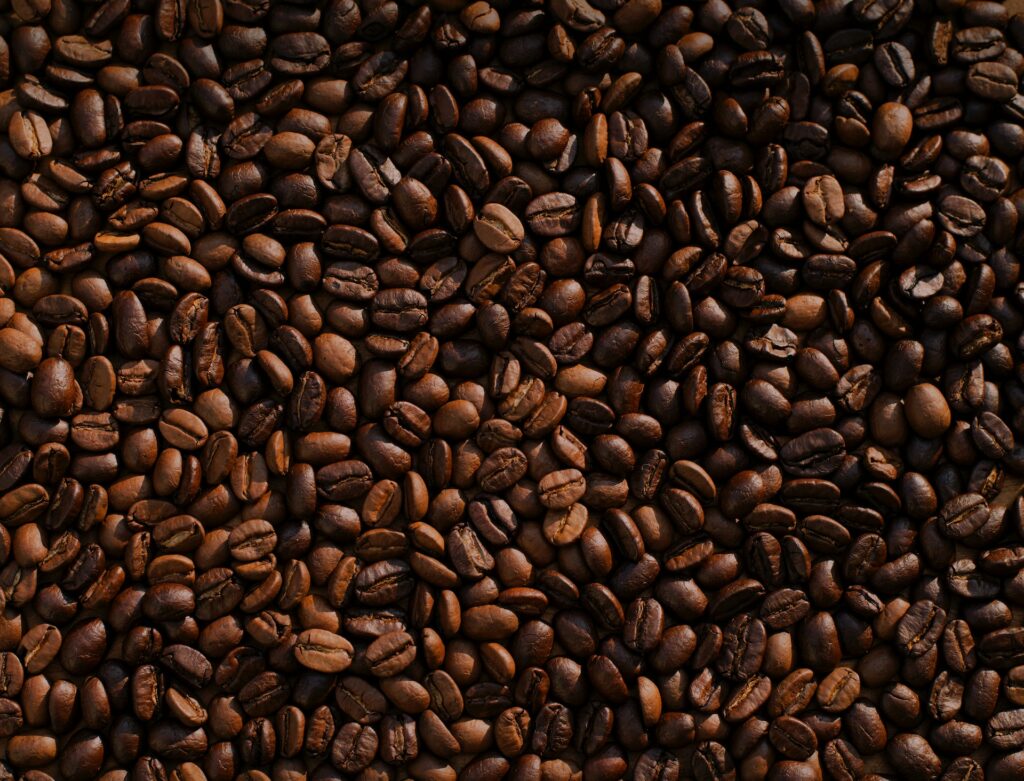
Caffeine is one of the most widely consumed beverages, especially among working adults. It is a stimulant that can be found in common products such as coffee, energy drinks, and chocolate.
Consuming caffeine can have both positive and negative effects on the body, depending on the type of product, quantity, and individual differences [1].
On average, it takes about 45 minutes for caffeine to be absorbed by the body with its effects lasting between 2.5 hours to 4.5 hours [2]. Drinking caffeine increases activity in the brain and central nervous system, causing you to feel temporary alertness.
So, when the caffeine wears off, the built-up adenosine makes you feel tired, resulting in a caffeine paradox.
It’s important to note that if you regularly consume caffeine in large doses, it can cause anxiety which leads to difficulty falling asleep. Therefore, you should avoid consuming caffeine before bedtime.
Coffee or other caffeinated beverages can make you sleepy due to various factors. Here are the 5 reasons.
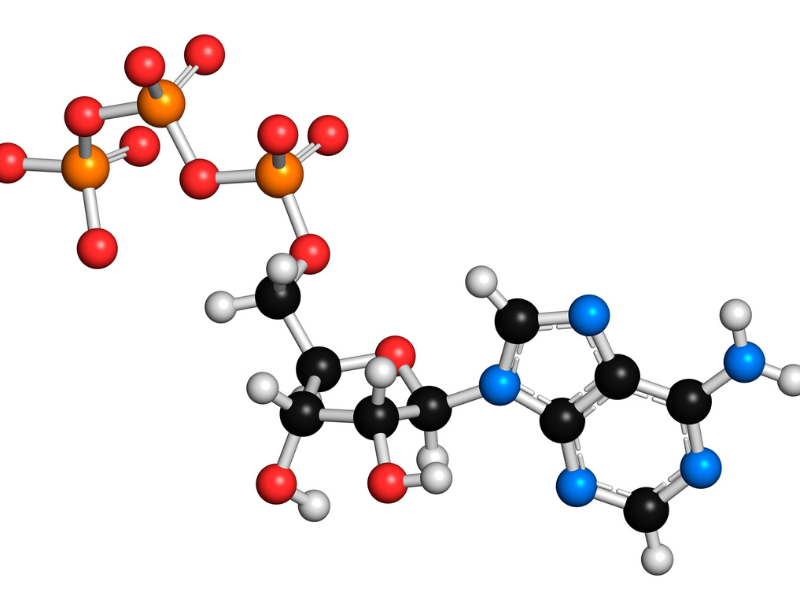
The main culprit is caffeine, a stimulant found in coffee that blocks the effects of adenosine, a neurotransmitter responsible for promoting sleepiness. When you regularly consume coffee, the adenosine receptors in your brain are blocked, preventing the natural sleep signals from being received [3]. As a result, you may experience a buildup of sleepiness throughout the day.
Additionally, regular coffee consumption can lead to tolerance, reducing its effectiveness in keeping you awake. Other factors contributing to coffee-induced sleepiness include the sugar content in your morning coffee, which can cause a sugar crash and fatigue, and the dehydration caused by coffee’s diuretic effects.
To minimize these side effects, it’s essential to control your caffeine intake, stay hydrated, and be mindful of the sugar content in your daily coffee drinks.
You may also like: 5 Surprising Reasons Why Energy Drinks Make Me Tired
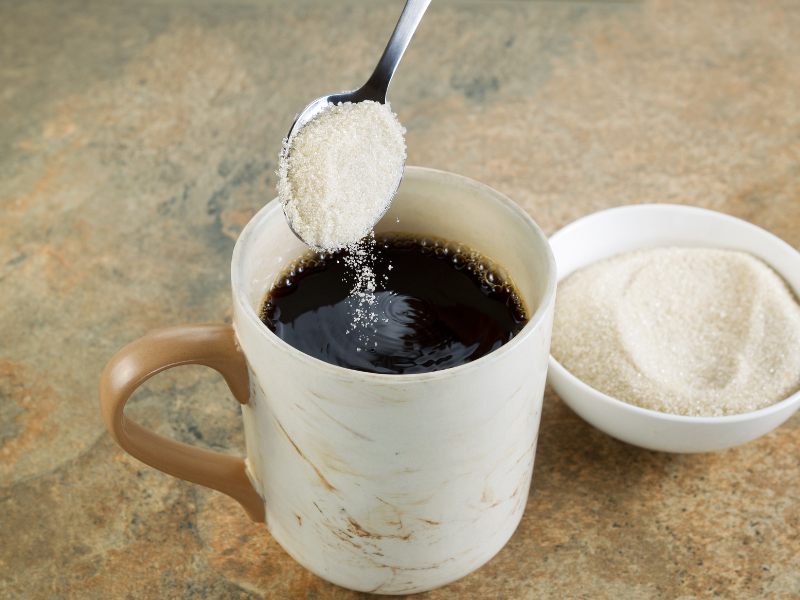
Adding sugar to your coffee is a common practice, but it’s worth considering its effects, especially in relation to sleepiness.
While sugar can provide an immediate burst of energy, it often leads to a rapid spike and subsequent crash in blood sugar levels. This crash can exacerbate feelings of tiredness post-coffee, especially as the caffeine’s effects start to wane.
Minimizing or eliminating sugar in coffee might benefit those looking to avoid the midday slump or maintain steady energy levels. Instead, consider natural alternatives like honey or stevia, which provide a sweeter taste without the same blood sugar spike.
Remember, a balanced approach to your coffee habits is the key to sustained energy and alertness throughout the day.
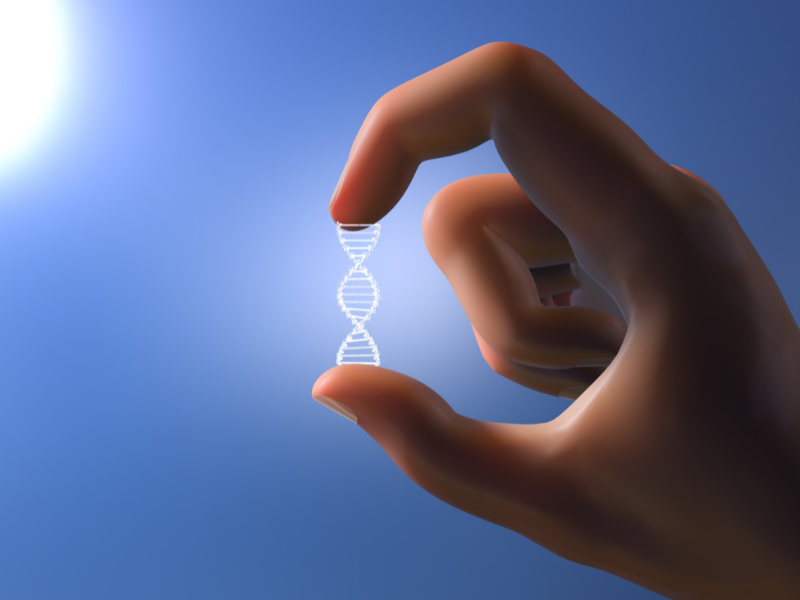
Another reason why coffee may cause you to feel sleepy comes down to genetics. A study done in the past concluded that some individuals may show resistance to the stimulant effects of coffee while others may not.
In the same study, the results also showed that a genetic variation of the adenosine receptor, ADORA2A, determines whether an individual would be sensitive to the effects of caffeine [4], [5].
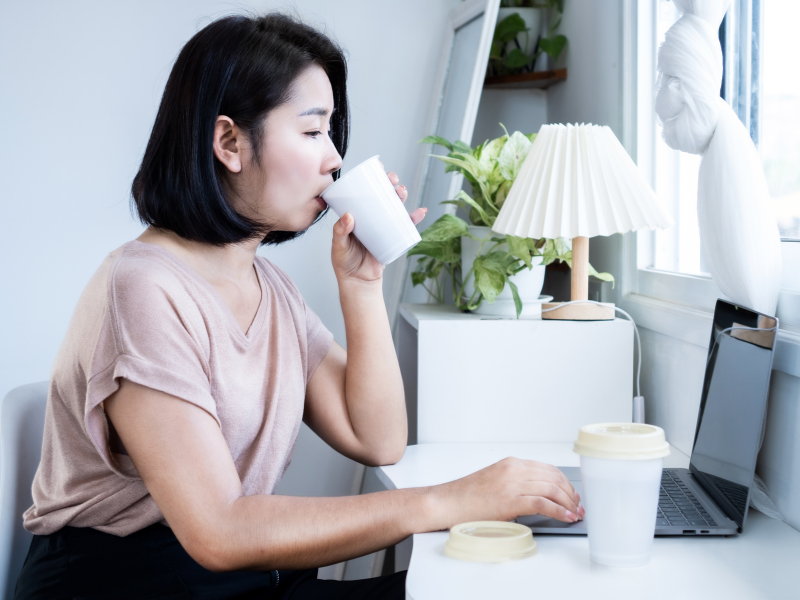
Just like alcohol, regular coffee drinkers can develop a tolerance if they are drinking coffee in excessive amounts. On average, you should limit your coffee intake to 400 milligrams a day, equivalent to 4 cups a day.
Over time, drinking too much coffee can make it less effective. You might find yourself needing more coffee to feel the same level of alertness you once did.
Additionally, if you do decide to cut back or stop consuming coffee, there is a high possibility that you will experience withdrawal symptoms which include fatigue and increased afternoon sleepiness [6].
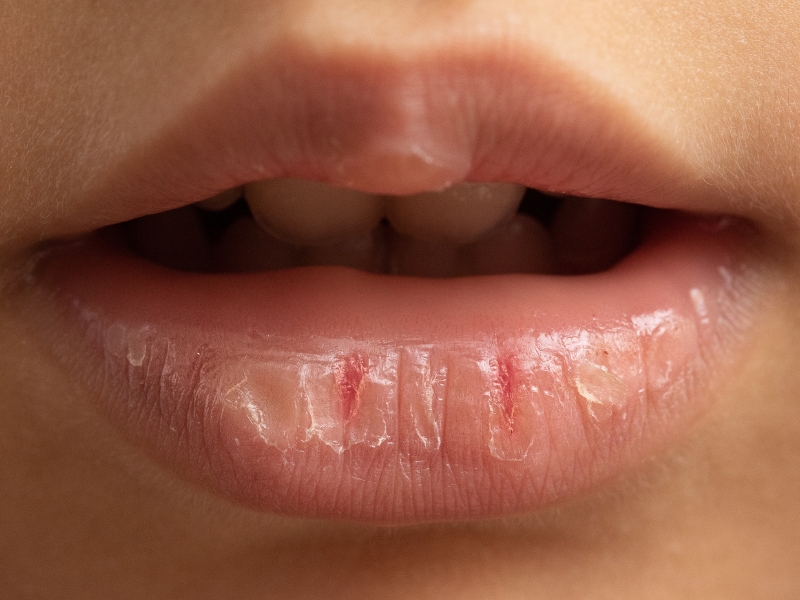
A lot of people believe that drinking coffee or other caffeinated drinks can cause dehydration.
Caffeine is a diuretic that causes your body to pass more urine, the more that you drink it. This means that you are constantly losing water and if you do not actively take steps to recuperate the water loss, it could lead to dehydration [7].
Experts also agree that drinking coffee is safe for most people so long as it does not exceed the caffeine limit [8].
One thing that you should also note is that caffeine is not only found in coffee. Caffeine can be found in different foods, drinks, or medications and the amount may differ.
For reference, below are some common foods, drinks, and medications that contain caffeine.
| Type | Serving Size | Caffeine Amount |
| Coffee, Brewed | 1 cup | 96 mg |
| Soda/ soft drinks | 1 can | 19 mg to 69 mg |
| Energy drinks | 1 can | 80 to 160 mg |
| Yerba mate | 1 cup | 80 mg |
| Tea | 1 cup | 26.2 mg to 47.4 mg |
| Matcha | 1 cup | 70 mg |
| Energy bar | 1 bar | 1.2 mg |
| Cocoa powder | 100 g | 230 mg |
| Chocolate | 1/2 bar | 19 mg to 114 mg |
| Guarana powder | 1 coffee spoon | 3044 mg |
| Chocolate milk | 1 cup | 2 mg |
| Weight loss pills | 1 serving | 200 mg |
| Aspirin | 1 serving | 65 mg to 250 mg |
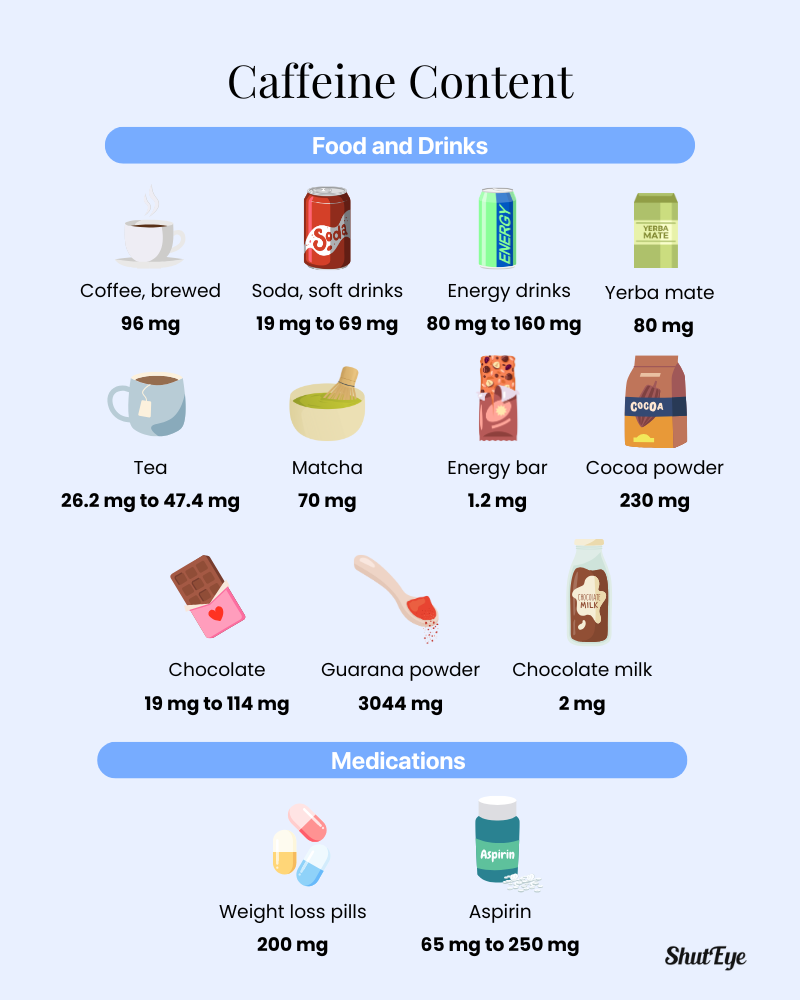
Some tips to help you feel less tired if you drink coffee include:
If you want to improve your energy levels, the best way is to do it naturally without the help of caffeine. Long-term caffeine consumption can lead to dependence and withdrawal symptoms when you do try to get off it.
Consuming caffeinated products may also increase symptoms of insomnia, especially for those with pre-existing anxiety or higher susceptibility to anxiety [9].
Fortunately, there are ways to boost your energy levels and not feel tired throughout the day. Try out these 5 tips to beat the fatigue! [10]
See also: Sleep Hygiene: 14 Tips For Sleep Better
While coffee contains a stimulant that is meant to improve energy levels, you should also be mindful that it can cause a caffeine paradox depending on your caffeine sensitivity levels, genetics, sugar intake, and the blocking of adenosine receptors.
Alternatively, you can improve your sleep quality naturally with the ShutEye® app. ShutEye® is a patented sleep-tracking app that monitors your sleep cycle, and sleep habits and offers personalized sleep tips.
CDC (2024) 10 Surprising Things That Can Spike Your Blood Sugar [online]. Available at: https://www.cdc.gov/diabetes/living-with/10-things-that-spike-blood-sugar.html
Chaudhary, N. S., Grandner, M. A., Jackson, N. J., & Chakravorty, S. (2016). Caffeine consumption, insomnia, and sleep duration: Results from a nationally representative sample. Nutrition, 32(11-12), 1193-1199. Available at: https://doi.org/10.1016/j.nut.2016.04.005
Didikoglu, A., Mohammadian, N., Johnson, S., Van Tongeren, M., Wright, P., Casson, A. J., Brown, T. M., & Lucas, R. J. (2023). Associations between light exposure and sleep timing and sleepiness while awake in a sample of UK adults in everyday life. Proceedings of the National Academy of Sciences, 120(42), e2301608120. Available at: https://doi.org/10.1073/pnas.2301608120
Erblang M, Drogou C, Gomez-Merino D, Metlaine A, Boland A, Deleuze JF, Thomas C, Sauvet F, Chennaoui M. The Impact of Genetic Variations in ADORA2A in the Association between Caffeine Consumption and Sleep. Genes (Basel). 2019 Dec 6;10(12):1021. doi: 10.3390/genes10121021. PMID: 31817803; PMCID: PMC6947650.
He, M., Ru, T., Li, S., Li, Y., & Zhou, G. (2023). Shine light on sleep: Morning bright light improves nocturnal sleep and next morning alertness among college students. Journal of sleep research, 32(2), e13724. Available at: https://doi.org/10.1111/jsr.13724
Institute of Medicine (US) Committee on Military Nutrition Research. Caffeine for the Sustainment of Mental Task Performance: Formulations for Military Operations. Washington (DC): National Academies Press (US); 2001. 2, Pharmacology of Caffeine. Available at: https://www.ncbi.nlm.nih.gov/books/NBK223808/
Landolt HP. "No thanks, coffee keeps me awake": individual caffeine sensitivity depends on ADORA2A genotype. Sleep. 2012 Jul 1;35(7):899-900. doi: 10.5665/sleep.1942. PMID: 22754033; PMCID: PMC3368971.
Medline Plus (2021) Caffeine [online]. Available at: https://medlineplus.gov/caffeine.html
Mount Elizabeth (2021) 10 Tips to Stay Awake at Work without Coffee [online]. Available at: https://www.mountelizabeth.com.sg/health-plus/article/10-tips-to-stay-awake-at-work-without-coffee
Reichert CF, Deboer T, Landolt HP. Adenosine, caffeine, and sleep-wake regulation: state of the science and perspectives. J Sleep Res. 2022 Aug;31(4):e13597. doi: 10.1111/jsr.13597. Epub 2022 May 16. PMID: 35575450; PMCID: PMC9541543.
Rodak K, Kokot I, Kratz EM. Caffeine as a Factor Influencing the Functioning of the Human Body-Friend or Foe? Nutrients. 2021 Sep 2;13(9):3088. doi: 10.3390/nu13093088. PMID: 34578966; PMCID: PMC8467199.
Sajadi-Ernazarova KR, Anderson J, Dhakal A, et al. (2024) Caffeine Withdrawal. In: StatPearls [Internet]. Treasure Island (FL): StatPearls Publishing [online]. Available at: https://www.ncbi.nlm.nih.gov/books/NBK430790/
Zhang Y, Coca A, Casa DJ, Antonio J, Green JM, Bishop PA. Caffeine and diuresis during rest and exercise: A meta-analysis. J Sci Med Sport. 2015 Sep;18(5):569-74. doi: 10.1016/j.jsams.2014.07.017. Epub 2014 Aug 9. PMID: 25154702; PMCID: PMC4725310.